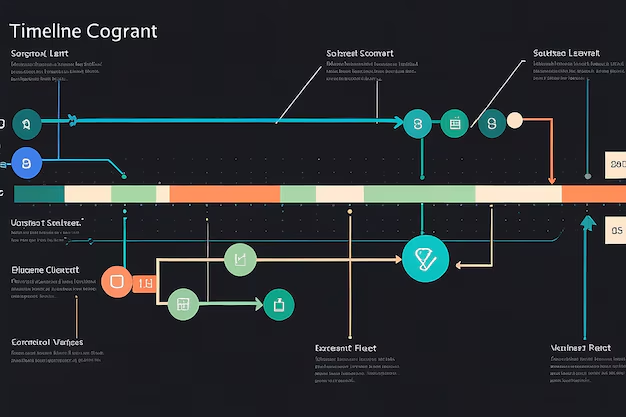What Degrees, Certifications, or Licenses Are Needed to Become a CRNA?
Becoming a Certified Registered Nurse Anesthetist (CRNA) is a significant commitment to an advanced nursing career, requiring both dedicated education and training. The journey typically begins with obtaining a Bachelor of Science in Nursing (BSN) or a similar degree, followed by gaining experience as a registered nurse in a critical care setting for at least one year. This critical experience serves as a foundation before embarking on a specialized CRNA program. Aspiring CRNAs then pursue a Doctor of Nursing Practice (DNP) or a Doctor of Nurse Anesthesia Practice (DNAP), with programs generally spanning three to four years. Completing this rigorous educational path and passing the National Certification Examination is essential to officially practice as a CRNA. This pathway not only ensures adherence to high professional standards but also opens doors to rewarding opportunities in the healthcare field.
Embarking on this educational journey is a notable investment in one's career, emphasizing the value of pursuing advanced degrees and certifications. Whether considering a DNP or DNAP, each step is crucial in preparing for the critical healthcare roles CRNAs fulfill daily. Here’s a structured guide to the key components of becoming a CRNA:
- 🎓 Bachelor's Degree: Bachelor of Science in Nursing (BSN) or related field
- 🩺 Experience: Minimum 1 year in a critical care setting as a registered nurse
- 🏫 Doctoral Degree: Doctor of Nursing Practice (DNP) or Doctor of Nurse Anesthesia Practice (DNAP)
- ���� Certification: Pass the National Certification Examination
These educational and professional steps ensure the competence and expertise required for a successful and impactful career as a CRNA.

Related Topics
- Becoming A Neurosurgeon
- Becoming A Pediatrician
- Becoming Physician Assistant
- Becoming A Surgeon
- Becoming A Doctor
- Becoming Brain Surgeon
- Becoming Cardiothoracic Surgeon
- Becoming Family Physician
- Forensic Pathologist Duration
- Becoming A Gyno
- Heart Surgeon Timeline
- Orthopedic Surgeon Training
- Pediatric Dentist Duration
- Pediatric Doctor Timeline
- Pediatric Surgeon Training